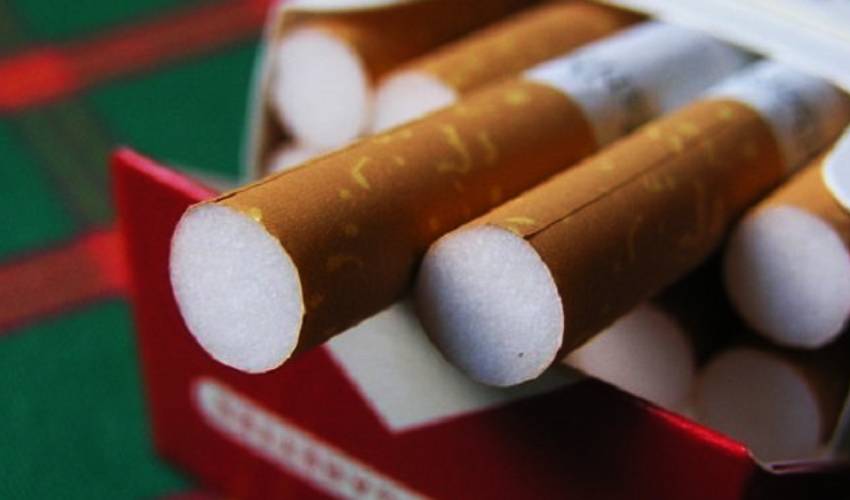“The government ought to act decisively and promptly to combat illicit commerce in order to increase income and lessen the tax burden on the average person. Nearly six weeks after the budget was passed, there are still a ton of illegal goods on the market, according to Fawad Khan, a spokesman for Mustehkam Pakistan, an advocacy group working to stop tax fraud and the illegal trade in Pakistan.
Deeply concerned about the urgent problem of illegal trade and its negative effects on the nation’s economy and underprivileged communities, he issued a warning that the government would find it difficult to raise the tax-to-GDP ratio to its target of 13% in the absence of broadening the tax base, putting in place a thorough track and trace system, and enacting effective curbing measures.
He said that a recent study by an international research institute shows that almost 1 trillion rupees are laundered from Pakistan every year in a variety of important industries, such as real estate, medicine, tyres and lubricants, tea, and tobacco.
The volume of illegal trade could reach 65% this year, Fawad warned, complicating matters for the government and the legitimate industry. “Tax evasion due to the illegal cigarette trade alone results in an annual loss of over 310 billion rupees to the national exchequer, a figure expected to rise this year,” Fawad continued.
The Director General of Information and Public Relations (DG ISPR) recently said during a news briefing that between 50 and 60 percent of cigarettes sold in Pakistan are sold illegally.







